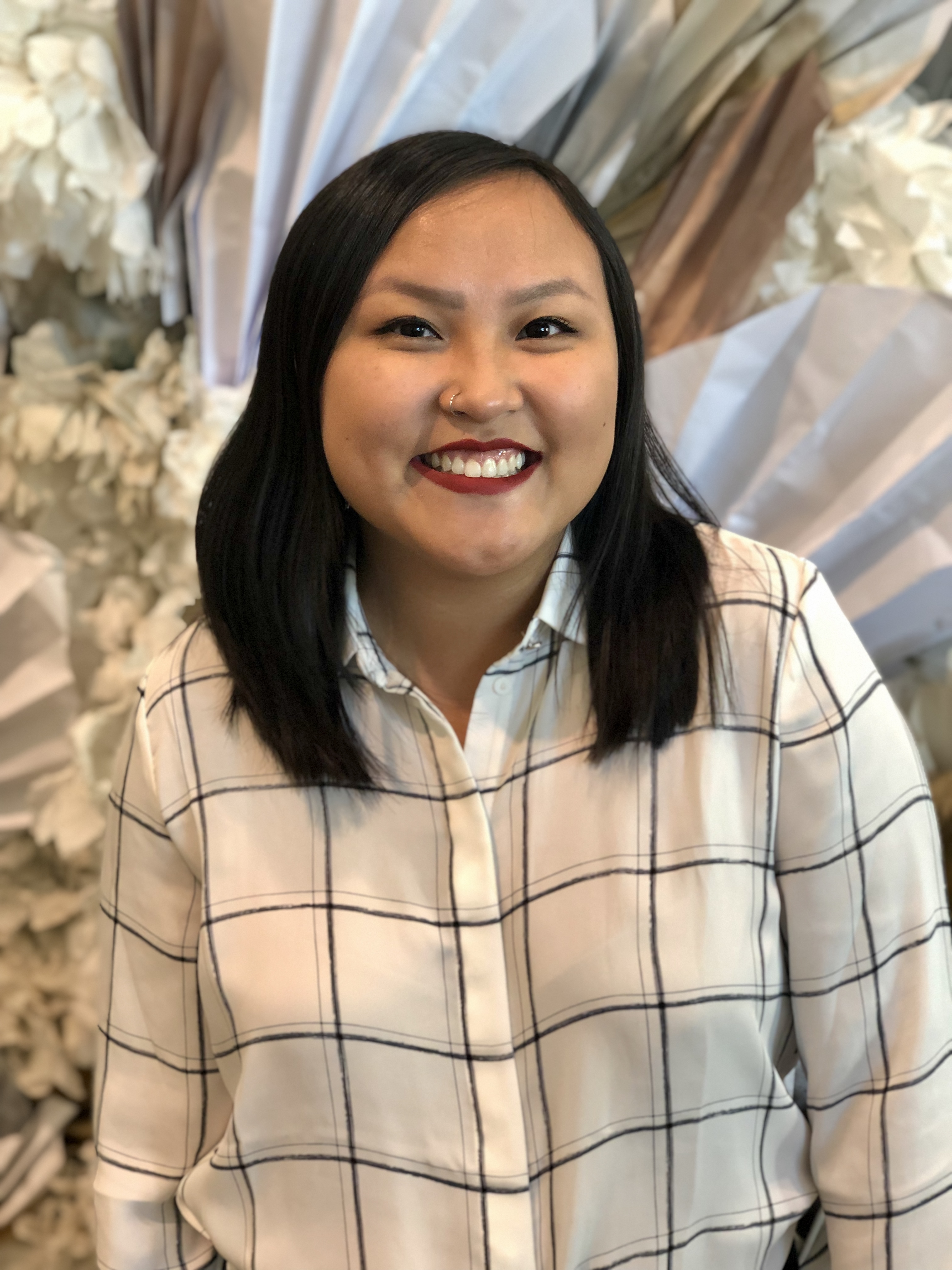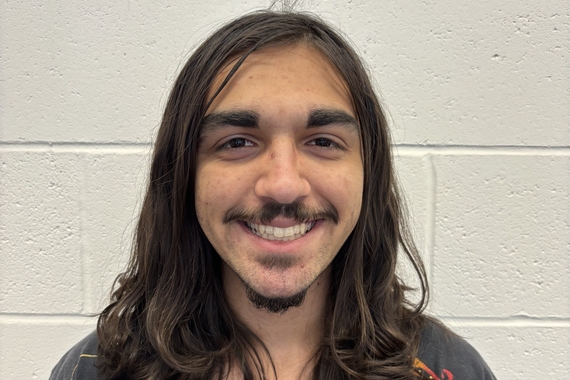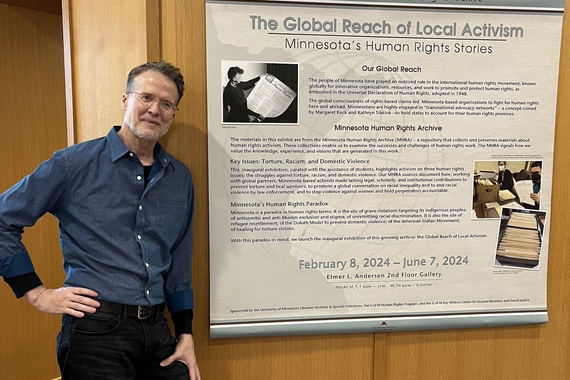Teaching for Action: MHR Student Promotes Human Rights Education
Shonni Krengel (MHR ‘22) is a first year Master of Human Rights student studying the intersections of race and gender, especially as it relates to social justice and advocacy. She is a research assistant for “Teaching for Action: Exploring Human Rights and Civic Engagement in our Global Communities”, a project through the Institute for Global Studies and is funded in part by The Human Rights Lab and Human Rights Initiative. Working with project lead Deborah Jane (Outreach Coordinator, Institute for Global Studies) and external partners Nicole Palasz (UW-Milwaukee) and Maddy Wegner (National Youth Leadership Council), Shonni is identifying barriers K-12 teachers face in incorporating human rights curriculum into their classrooms and working to support teachers in overcoming these barriers. Shonni recently shared her experiences with us.
Edited for Length and Clarity
Human Rights Program (HRP): Please give an overview of your background and why you decided to become a Research Assistant with “Teaching for Action”.
Shonni Krengel (SK): I received my undergraduate degree in psychology, and as I came to the end of my degree program I wasn't quite sure if I wanted to pursue psychology further in a graduate setting. I took a gap year and participated in AmeriCorps at a nonprofit where I realized I want to work in advocacy, and more specifically I want to do social justice work. One of my supervisors for this project is a family friend, and she was the one who introduced me to the Masters of Human Rights program. When I found out about it, I realized it was exactly what I wanted to pursue. I wasn't really sure what kind of human rights advocacy work I wanted to do, I just knew I wanted to do it.
As I’ve been exploring my program I heard about this position with the “Teaching for Action” project and I thought this was a perfect time to use my research background to work towards something I'm passionate about. I have been able to look at human rights advocacy very holistically through this project. It has been a great opportunity to explore different topics and more specifically explore different techniques in human rights.
HRP: Can you tell us more about the project you’re working on and your role?
SK: This project uses workshops, approximately once every two weeks, focused on educating K-12 teachers in the US on how to implement human rights education into their classrooms.
The workshops started off with an introduction to Human Rights and the Universal Declaration of Human Rights. The next session was on children's rights and the Declaration of the Rights of the Child. Then, the sessions moved onto more applied work; so for example the most recent workshop was about service learning and introducing human rights projects that students can work on.
In addition, there is a group of 20 teachers that are writing a curriculum or specific plan for how they are implementing human rights education. My teammates and I are working with those educators to develop that plan, give them feedback, and then we are presenting back to the group of educators. Even more specifically, my role is to interview each of the teachers that is participating in this curriculum writing. With this I ask about the different barriers that they have faced or predict to face when implementing human rights education into their classroom, and I also learn about what exactly they want to implement. I'm really interested in if they're only focusing on deficit based human rights, for example the focus on abuses towards others, or if they're focusing on empowering their students by keeping it more broad when explaining actions and advocacy work.
HRP: Were there parts of your project that changed from how you first conceived them to the actual execution of your work?
SK: So this is not necessarily a change, but one thing we have questioned is “what are the different obstacles and how can we avoid those?” Since we are dealing with other individuals, we had to be very careful about conducting our research ethically. In order to do this, we decided to have the interviews structured more as feedback rather than a formal interviewing process. We focused specifically on seeing where the teachers were at with the human rights material in our research. Because of the feedback approach, the end product of this project will be work targeted to a broader audience such as the general public rather than an academic journal article. We want it to be more for human rights educators than anything else, and so therefore my research is focused on hearing their opinions and specific needs rather than just observing them for academic study.
HRP: What challenges did you face in the implementation of your project? How did you address these challenges?
SK: Although it is a strength, my psychology background and mindset can almost hinder my vision of an end goal because I was trained to always focus on academic writing. When it comes to human rights, the audience is much more broad. Academic writing is sometimes not accessible to everyone. Making my writing more simplified so everyone can access and read it is sometimes difficult when my background is entirely grounded in academic research. I find myself often having to take a step back and think “how can I make this more accessible? How can I make sure the people that I want to reach are actually being reached?” We really want to make sure that the end product is easy for a general audience to understand because that is who this project is really about. I would really love the end piece to be in an editorial style.
HRP: What takeaways or insights have you gained from your time as a Research Assistant?
SK: Breaking down habits of academic writing and turning it into accessible content is a huge takeaway. I also think that learning about human rights education is so inspiring, especially meeting one on one with teachers. I really enjoy asking them about what they're doing in the classroom and hearing about their ideasI never learned specifically about human rights in an educational setting until this program, but now I get to see about 50 or 60 teachers in our workshop from across the country. K-12 Students are starting to learn about writing to legislators and receiving a well rounded education on modern issues. In the past K-12 students have just learned about historical human rights violations and knowing that more children will be educated at a younger age is extremely important.
HRP: How will this experience help or inform your career path or professional interests?
SK: I always saw public policy and my psychology research background as two completely different things. I never imagined how I would be able to transfer skills across these disciplines. This project is helping me see that I can use my background to help me in my future interests in public policy or in non-profit work.



